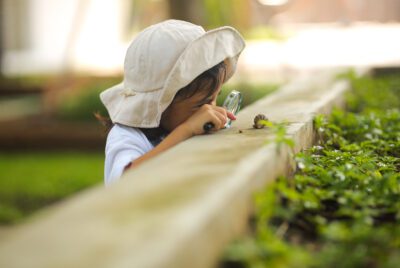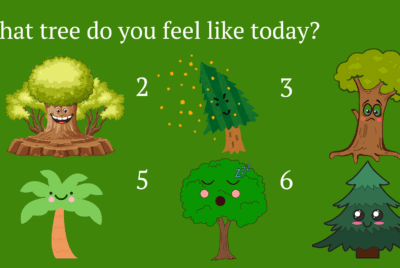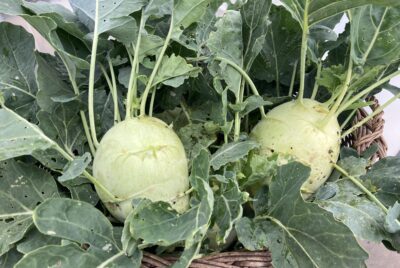RESEARCH
Comparing Concentration Levels and Emotional States of Children Using Electroencephalography during Horticultural and Nonhorticultural Activities
Summary
This study investigated how horticultural activities affect children’s brains and emotions compared to non-horticultural activities. Thirty elementary school students participated in the study, doing things like harvesting lettuce, planting, and mixing soil, as well as playing ball, solving math problems, watching videos, folding paper, and reading. The researchers measured the kids’ brain activity using a special cap that reads brain waves and asked them how they felt after each activity. They wanted to see if gardening-related tasks had a different impact on their brains and emotions than other common activities.
The study found that when kids were harvesting lettuce, their brains showed signs of increased concentration. They also reported feeling more natural and relaxed during horticultural activities than during the other activities. This suggests that gardening tasks might help children focus better and feel more at ease. The researchers think that incorporating horticultural activities could be a helpful way to improve children’s brain function and emotional well-being. The children felt more relaxed doing plant-based activities and they experienced brain activation similar to increased concentration.







